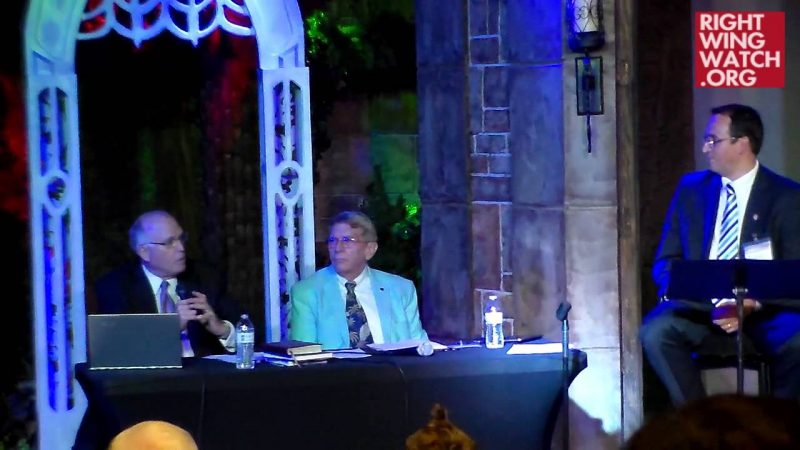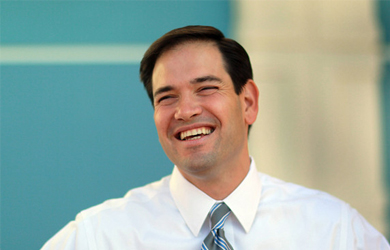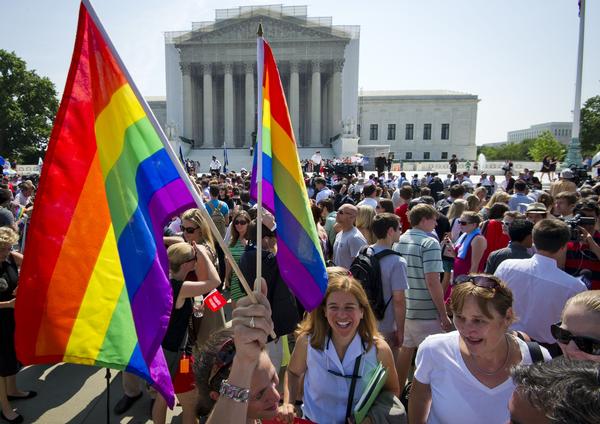We’ve noted over the last several days that the Religious Right is growing increasingly worried that GOP leaders are intentionally ignoring social issues as they lay out their agenda. This fear was reinforced earlier this week when Haley Barbour, head of the Republican Governor’s Association, said that the GOP wasn’t going to use up valuable time and resources talking about issues like abortion and gay marriage because those are not things that voters care about.
Needless to say, that is not sitting well with the groups who care about abortion and gay marriage, with LifeNews responding that “if Barbour begins telling pro-life voters they need to take a back seat and that the issue of abortion won’t determine how they vote, his potential campaign may be dead before it begins.”
Likewise, Tony Perkins and the Family Research Council took Barbour to task in their most recent Washington Update:
On Wednesday Mississippi Governor Hailey Barber, who is also the chairman of the Republican Governors’ Association, spoke to reporters here in Washington and cautioned Republican candidates against bringing social issues into their campaign. He said that if candidates go beyond economic issues, they “are using up valuable time and resources that can be used to talk to people about what they care about.” My experience in the political arena is that politicians want to avoid issues that they are not very comfortable with. However, just because issues are not important to a candidate does not make them unimportant to voters.
I’ve repeatedly said that economic issues are currently at the forefront of the minds of most voters, but the electorate, especially social conservatives, have the ability to consider a candidate’s view on more than one or two issues. Most self-identified, pro-life Americans, the number of which have been increasing over the last 30 years, will decide their vote not on where a candidate stands on a flat tax or a value added tax, but on where a candidate stands on the value of human life.
…
A nation’s economy will never have greater stability than its core economic unit–the family, and the stability of the family is determined by more than money. Family matters and if the Republicans want to succeed where they failed last time, they had better remember that fact.
And Robert George, who has been raising his own alarms that conservative leaders are distancing themselves from social issues, echoes Perkins’ argument that defending the family is the key to economic stability, which is the standard Religious Right response whenever this tension between economic and social conservatives flares up:
If our society goes down the tubes—and may God protect us from any such eventuality—but if we go down the tubes, if our cause is lost, it will not be in the end because of bad economic decisions (though bad economic decision cause tremendous harm and suffering). It will be because we let misguided but determined people undermine the institution of marriage and destroy the innocence of our children.
Now some will counsel that economic conservatives have no horse in this race. They will say that issues such as marriage and the sanctity of human life are moral, culture, and religious questions about which business people, and people concerned with economic freedom, need not concern themselves. That’s bad thinking! The reality is that the ideological movements today that seek to redefine marriage and abolish its normativity for romantic relations and the rearing of children, are the very same movements that seek to undermine the market system and replace it with statist control of vast areas of economic life.
Conservatives may be unified in opposing President Obama and the Democrats, but that doesn’t mean that they actually have a unified agenda or even a coherent coalition, so we can expect this gulf between the economic and social conservatives to continue to widen as we approach the coming elections and their aftermath.








